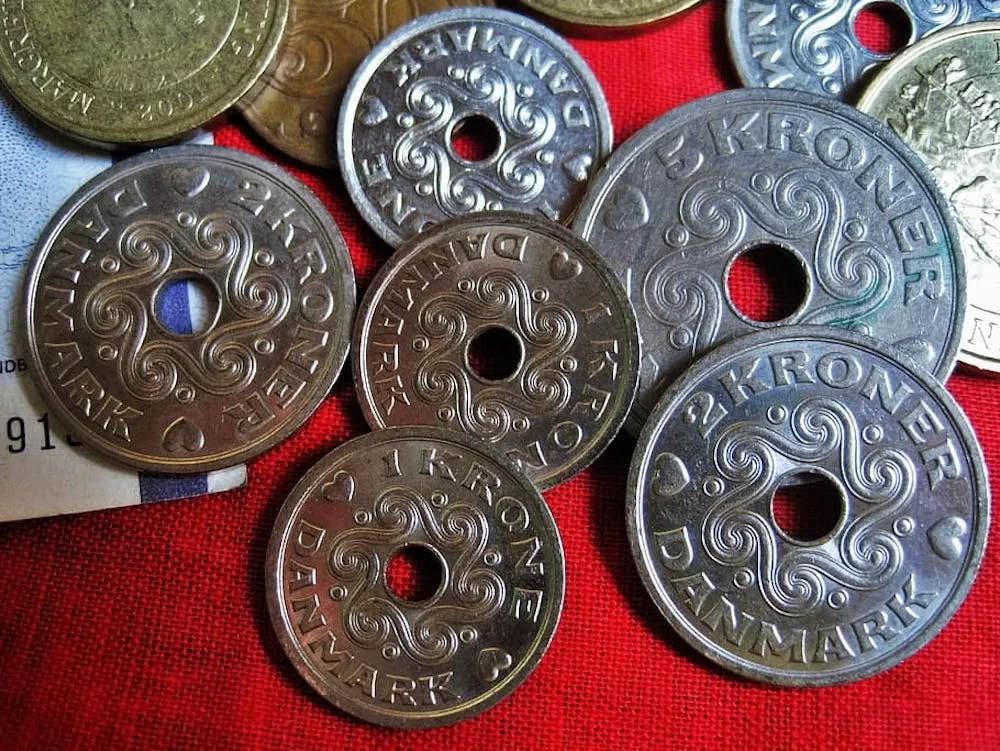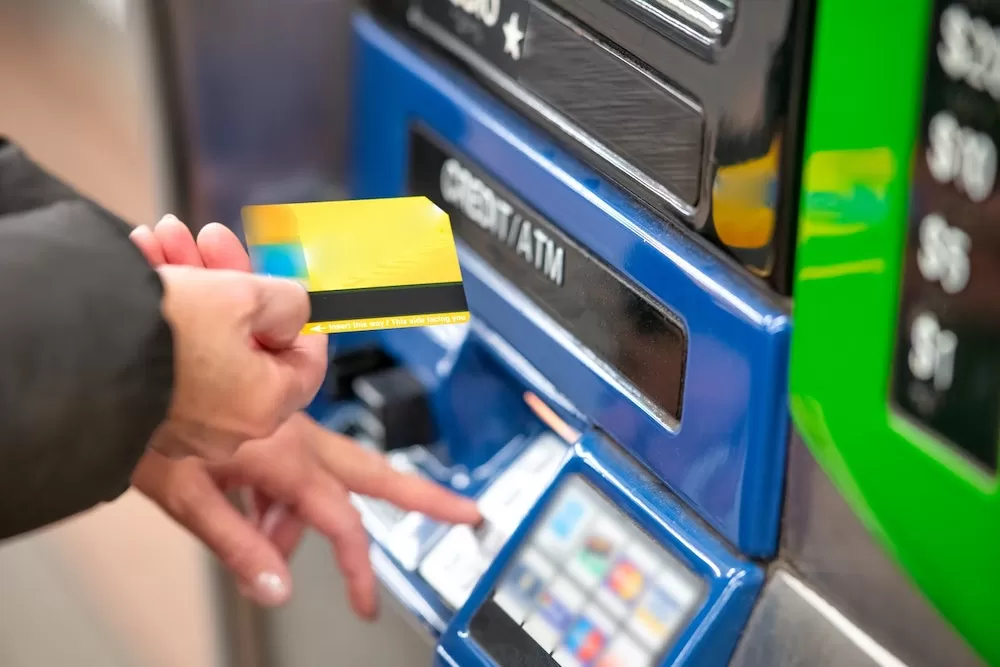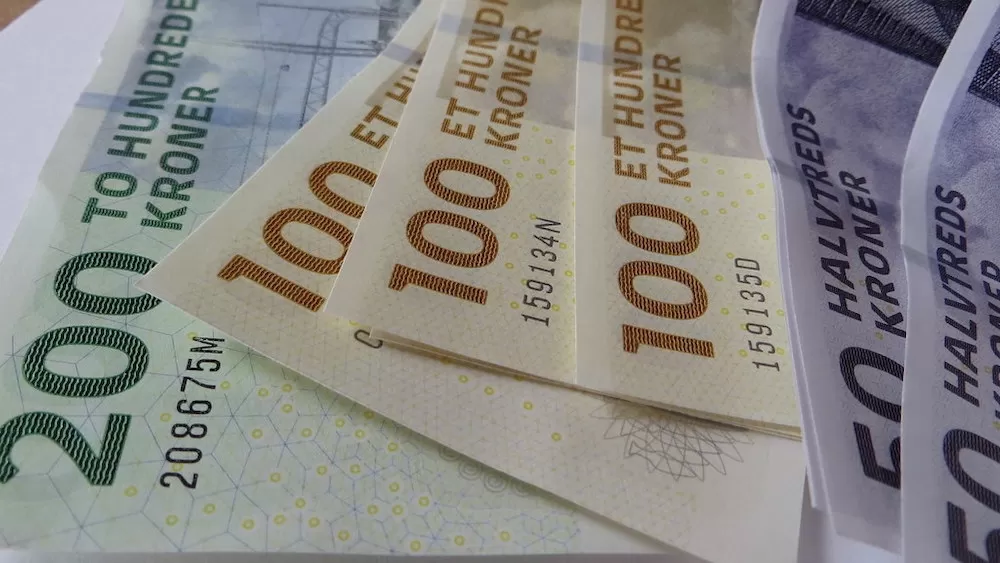If you ever plan to visit or even move to Denmark, you'll need to set up your own bank account. It's the same with any other country but in this European nation, it's doubly important. Although Denmark is part of the EU it's own of few countries that still uses its own national currency, the Danish krone. Hence, handling your finances here would be more difficult than you realize if you don't have a local bank account. Don't worry! The process isn't all that complicated. Here are what you need to know and what you need to do.
Can You Open an Account as A Non-Resident?
The first question you're bound to ask is can you even open a local bank account in Denmark if you're not a resident here? Well, the answer depends on the bank. Generally speaking, non-residents are allowed to open bank accounts in the country, especially with the international banks that operate here. However, if you want to work with a local Danish bank, do note that many will require you to have a CPR Number, a ten-digit identification number that all residents of Denmark have. Even if you don't have one yet but you intend to become a legal resident here, some banks allow you to start the process beforehand on the condition that you eventually show your CPR card before using the account.
Setting Up an Account From Abroad
In relation to the first point, you can actually start the application process of setting up a bank account in Denmark from abroad. Of course, this is easier with international banks as they commonly allow non-residents. It's even better if you already have your own account with them in your country's own branch. But as for local Danish financial institutions, many of them allow online applications or allow the process to be conducted over the phone. However, most of them will still require you to visit in order to activate your account.
The Required Documents
Most Danish banks have a standard set of required documents you need to show in order to set up your account. They include identification (commonly your valid passport), CPR number, proof of address in Denmark, and proof of income. For identification, some banks would go so far as to require both your passport and a notarized photocopy just to be safe. For your proof of address, your rental lease and utility bills would do. And for your proof of income, your employment contract for when you
found a job in Denmark is your best bet. However, if you're a student in Denmark, you'll also need to show proof of your admission as well as your source of funds.
Important Banking Fees to Remember
Apart from the
taxes and whatnot, many Danish banks will charge you various fees to help maintain your account. Firstly, during the application process, a few banks would require a minimum deposit to help activate your account. The amount for said deposit varies from bank to bank. Some also set fees for withdrawal no matter how much money you get. Though they seem small each time, the charges mount up over time. In this regard, make sure to withdraw less. If you're one to often need cash, withdraw large amounts as long as you're doing so in a safe area.
The Best Denmark Banks to Choose From
Among Denmark's local banks,
Danske Bank is the safest choice for expats. Not only is it the largest financial institution in the country, but it also caters to international clients. It even has an online banking portal that comes in English; not a lot of the other Danish banks have that.
Sydbank, on the other hand, is a service bank that also operates in Germany. They're used to working with foreigners and they have a ton of branches throughout the country. The latter is very important as it's always helpful to have a branch of your bank nearby.
Source: Flickr.com/ Howard Lake
It's no question that if you intend to stay in Denmark for a very long time, you'll need to set up your own local bank account here. There's no need to worry since the process is simple, open to foreigners, and at times, you can even do most of it online!


